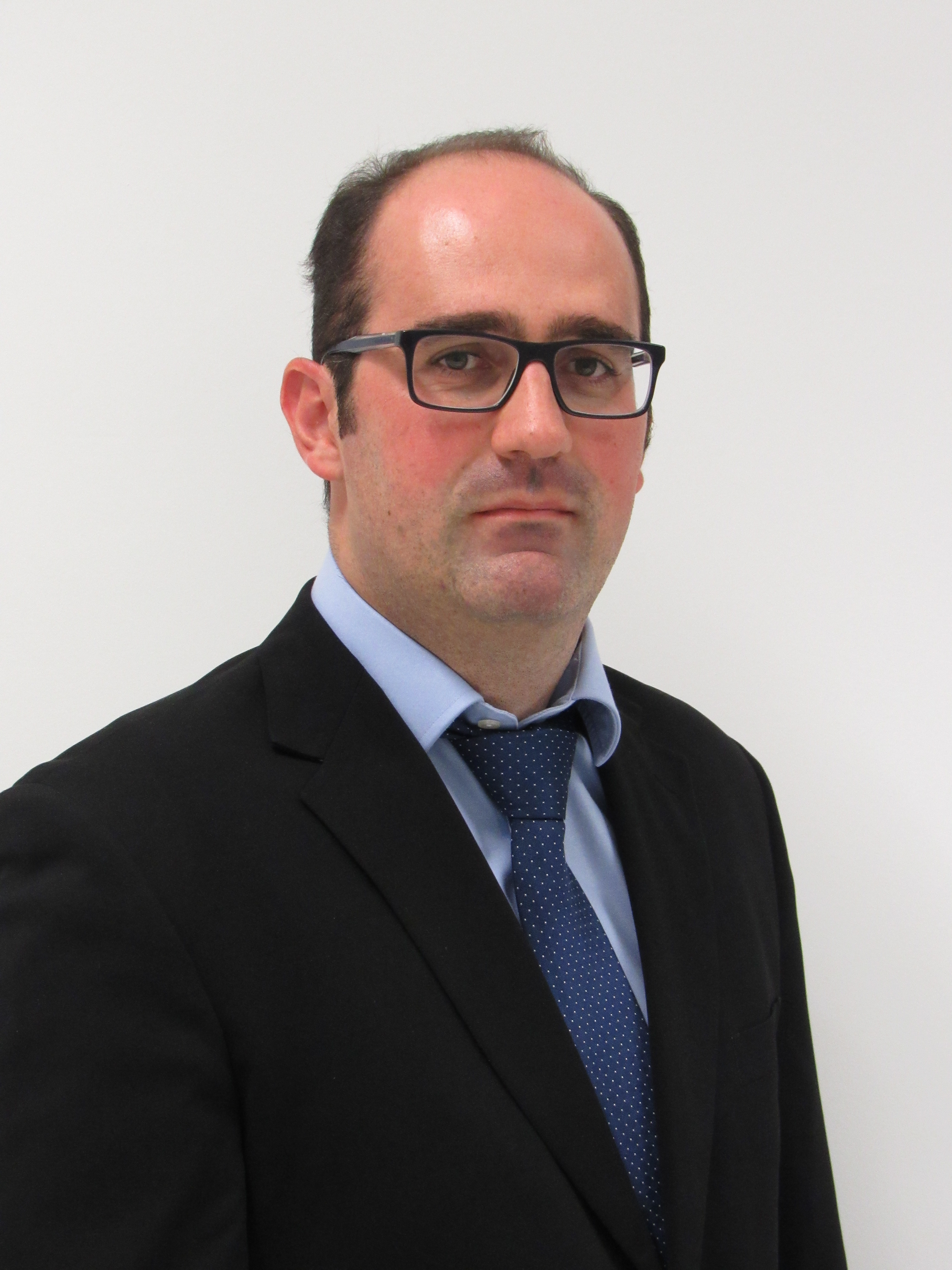Below are details for the confirmed key note speakers for MEEPS 2017:
Professor Vladimiro Miranda – PES Distinguished Lecturer
 Vladimiro Miranda is Member of the Administration Board of INESC TEC – INESC Technology and Science, a private, non-profit R&D institute in Portugal, declared of public interest and one of the top R&D institutions in Portugal. He is at the same time Full Professor at FEUP (the Faculty of Engineering of the University of Porto, Portugal), in the area of Power Systems. He is also the President of INESC P&D Brazil, with head office in Sao Paulo, Brazil, and he was previously the President of the Board of Directors of INESC Macau, China.
Vladimiro Miranda is Member of the Administration Board of INESC TEC – INESC Technology and Science, a private, non-profit R&D institute in Portugal, declared of public interest and one of the top R&D institutions in Portugal. He is at the same time Full Professor at FEUP (the Faculty of Engineering of the University of Porto, Portugal), in the area of Power Systems. He is also the President of INESC P&D Brazil, with head office in Sao Paulo, Brazil, and he was previously the President of the Board of Directors of INESC Macau, China.
Prof. Miranda is recognized as an international expert in Computational Intelligence in Power Systems and for this motive he was elevated to the degree of Fellow of the IEEE (USA). He was the recipient in 2013 of the IEEE PES Rumakumar Family Renewable Energy Excellence Award.
Natalia Burton (Omnetric) – Applications of Data Analytics in the Power Industry

Natalia is a Senior Analytics Consultant working with OMNETRIC Group, a Siemens and Accenture company. She has several years working in Smart Grid applications including Smart Metering, Intelligence Maintenance and Condition Monitoring. Natalia has experience in analytics techniques such as Evolutionary Algorithms, Pattern Recognition and Machine Learning, She is uniquely positioned to work with utilities building up their analytics capabilities to address their operational challenges.
She will be speaking on the topic of Applications of Data Analytics in the Power Industry. Her presentation will provide an overview of OMNETRIC’s approach to Data Analytics and it will include a demonstration of a specific example in Maintenance and Planning Intelligence.
Sam Young (National Grid) – Big Data, Big Decisions: Realising Value from Big Data in Asset Management

Samuel Young graduated with a degree in Physics with Theoretical Physics from The University of Nottingham in 2012. After working as an Analyst for several large Financial Services firms he moved to his current role at National Grid as an Analytics Development Leader within the Electricity Transmission Operator (ETO) business. His main focus is on developing the next generation of analytical tools for the ETO business, and transforming business decision making processes to maximise the benefit from new data sources.
His presentation will cover how data is only useful if it changes the decisions you make. At National Grid big decisions about asset maintenance and replacement are made every day, and so this talk will explore how Big Data can (and should) change those decisions. Particular focus will be given to the challenges around leveraging data across multiple islands of expertise and how future engineering research could address those challenges.
Christos Kaloudas (Electricity North West Ltd) – Long-term Forecasting of Reactive Power Demand in Distribution Networks
 Christos has a degree in electrical and computer engineering and a PhD in power systems from the Aristotle University of Thessaloniki in Greece. He has also worked in partnership with all British DNOs and National Grid on our REACT project as a post-doctoral research associate of the University of Manchester. Christos has contributed 18 international journal and conference papers on power systems (inc. IEEE Trans, IET, CIRED, IPST) and has delivered over 20 technical reports for industrial research projects (including UK and Greek TSO and DNOs). He joined Electricity North West in 2015 and is responsible for the development of methodologies and tools for the long-term demand forecasting and associated analyses on network capacity.
Christos has a degree in electrical and computer engineering and a PhD in power systems from the Aristotle University of Thessaloniki in Greece. He has also worked in partnership with all British DNOs and National Grid on our REACT project as a post-doctoral research associate of the University of Manchester. Christos has contributed 18 international journal and conference papers on power systems (inc. IEEE Trans, IET, CIRED, IPST) and has delivered over 20 technical reports for industrial research projects (including UK and Greek TSO and DNOs). He joined Electricity North West in 2015 and is responsible for the development of methodologies and tools for the long-term demand forecasting and associated analyses on network capacity.
Christos will present on how the declining reactive power (Q) demand seen at transmission-distribution interfaces in the UK and other European countries during periods of minimum load is considered as one of the factors posing new challenges mainly to transmission to maintain statutory voltage levels. At the same time particularly high Q demand imports from transmission can lead to increased losses both in transmission and distribution. In ATLAS Network Innovation Allowance project of Electricity North West Ltd, a scenario methodology and associated tools have been developed to assess future trends in reactive power demand. Following the proposed approach, the significant effects of the interactions between the demand at primary substations (typ. 33/11 or 6.6kV) and the upstream networks on the overall reactive power demand of distribution networks can be quantified. The methodology has been implemented in Electricity North West for the business as usual forecasting of Q demand in 2017. For the purposes of this presentation, the methodology is demonstrated using simple trends in underlying demand in time-series modelling of all 132 to 33kV networks in the North West of England operated by Electricity North West. The developed methodology can be used by network planners to use forecasting results of reactive power demand in impact analyses and take cost-efficient measures to tackle any issues deriving from these trends.